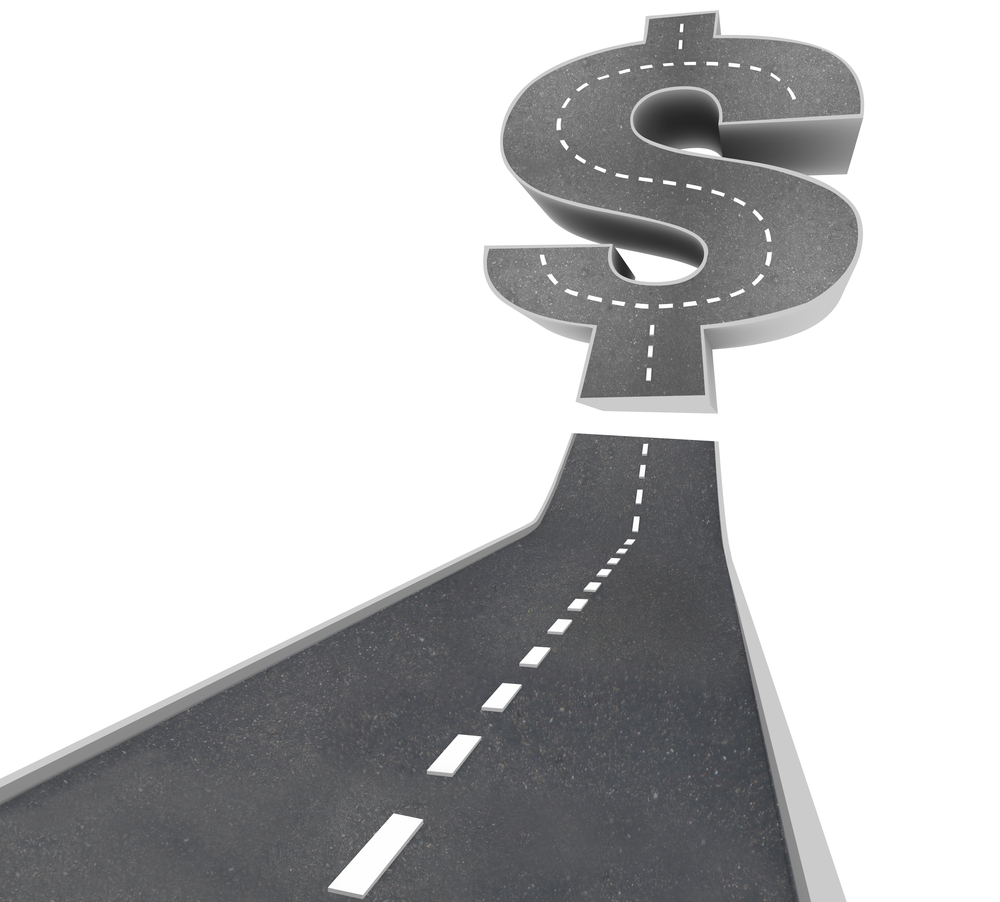
The International Bridge, Tunnel and Turnpike Association (IBTTA) and the American Association of State Highway Transportation Officials (AASHTO) recently hosted a webinar on current and future plans for federal, state, and local surface transportation funds.
The webinar, The State of Highway Investment: Plans, Promises, and Predictions, focused on road funding. It was presented by Pat Jones, IBTTA executive director and chief executive officer; Jim Tymon, AASHTO chief operating officer and director of policy and management; and Weifeng Zhong, American Enterprise Institute research fellow of economic policy studies.
The experts discussed fuel taxes and toll roads.
“Economists have broad consensus that user charges are the most efficient way to fund construction and maintenance of infrastructure,” Zhong said. “Now, every time a car gets on road, the driver incurs private costs – such as fuel consumption, vehicle depreciation, and a driver’s time – along with societal costs, such as damage to the roadway and increased congestion. Without a user fee, drivers would just pay private costs, not societal costs – what economists call ‘externalities.’ Thus user charges are a means to correct those inefficiencies.”
Fuel taxes are failing, he said, because vehicles are more fuel efficient.
Toll roads are generally not favored before implementation, but people’s objections are temporary, Zhong said.